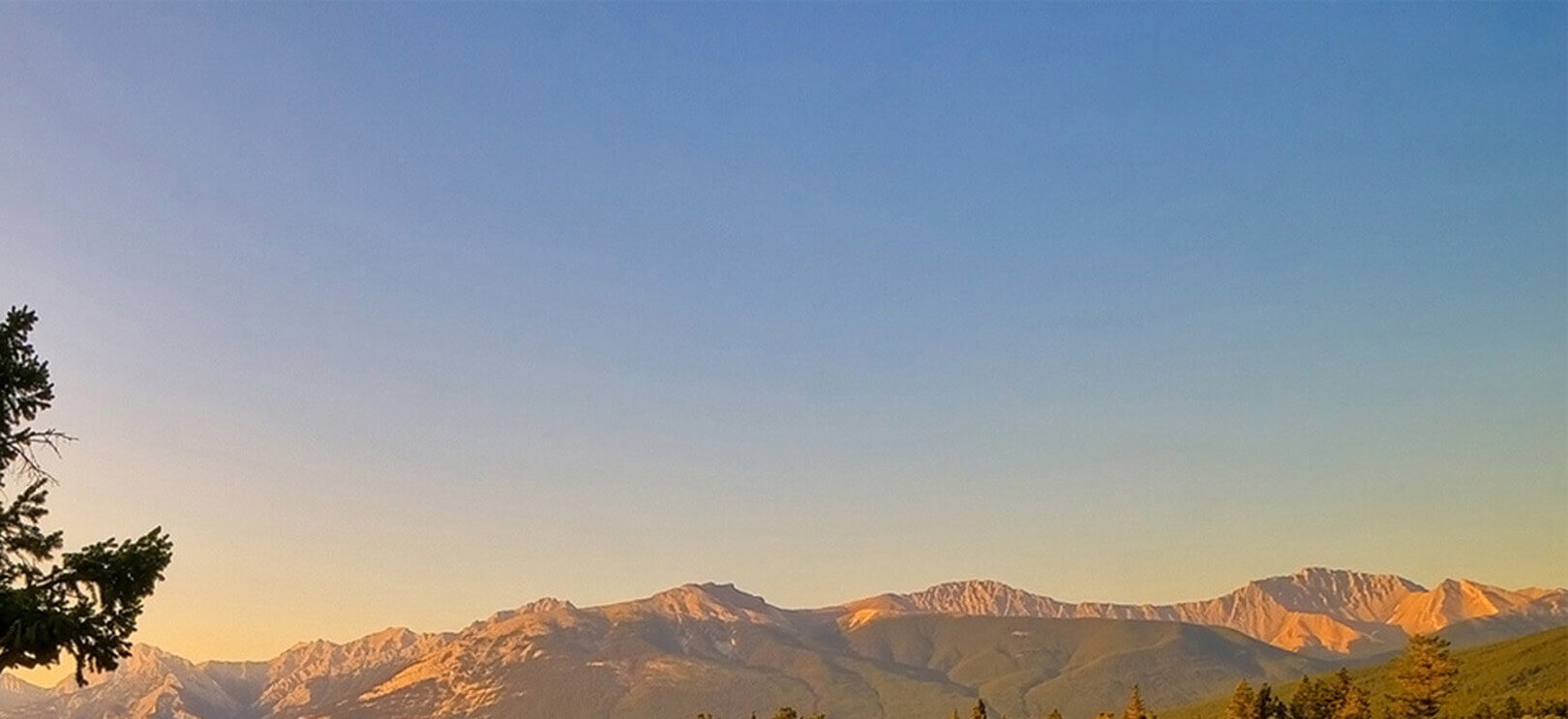Cape Town water restrictions could be upped
Cape Town’s mayoral committee said on Tuesday it had approved the stepping up of water restrictions to level two.
In a statement the city said the item will now go before council for deliberation on December 10.
“As we are situated in a water-scarce region, the city imposes level 1 restrictions [10% water savings] at all times. Because the city’s dam levels are approximately 15% lower than the norm for this time of year, it was proposed that the city implement level 2 restrictions [20% savings] to preserve the long-term sustainability of the resource.”
If passed by council, residents will have to abide by the following, more stringent regulations:
– No watering (e.g. using buckets) of a garden, sports field, or other grassed area using potable water between 09:00 and 16:00. Facilities/customers making use of boreholes or other alternative sources are not exempt.
– No watering (e.g. using buckets) will be permitted within 24 hours of rainfall that provides adequate saturation. Facilities/customers making use of boreholes or other alternative sources are not exempt.
– Irrigation (e.g. hose pipe/sprinklers) is only to take place on Tuesdays, Thursdays and Saturdays during approved hours, and for no longer than an hour in total. Facilities/customers making use of boreholes or other alternative sources are not exempt.
– If alternative water sources are utilised, customers should ensure that they display signage to this effect clearly visible from a public thoroughfare.
– Where a hosepipe is used for irrigation, it must have a controlling device attached at the end.
– No washing or hosing down of hard-surfaced or paved areas with potable (drinking) water.
– A hosepipe used for washing vehicles must be fitted with an automatic self-closing device.
– Automatic top-up systems for swimming pools and garden ponds are not allowed. Furthermore, the use of a pool cover is recommended.
– Commercial car-wash industries must comply with industry best practice norms. Informal car washes must use buckets rather than hosepipes.
– Wash basins in public facilities must be fitted with demand-type taps.
– Showers provided at public facilities must be fitted with demand-type valves.
– Potable water may not be used to dampen sand or other building material to prevent these materials from being blown away.
– Standpipe draw-off taps must be of a height of at least 450 mm, measured above ground level.
– The maximum flow rate from any tap installed at a hand basin may not exceed 6 litres per minute.
– The maximum flow rate of any showerhead may not exceed 10 litres per minute.
– Water closet cisterns may not exceed 9,5 litres in capacity.
– Automatic flushing cisterns or tipping tanks shall not be used for flushing a urinal.
– All automatic flushing cisterns fitted to urinals must be replaced with manually operated systems, or non-manual apparatus that only flushes after each use.
– Terminal water fittings (taps and outlets) installed outside any buildings, other than residential buildings, must incorporate a self-closing device; or have a removable handle for operating purposes; or be capable of being locked to prevent unauthorised use; or be of a demand type that limits water use for each operation.
– Water audits must be undertaken annually by major water users (more than 10 000 kl a month), but excluding where these are multiple dwelling units.
– No person may allow water to run continuously to waste except for maintaining a prescribed level of total dissolved solids in a recirculating plant.
– Ornamental water features may only be operated if the water is recycled.

